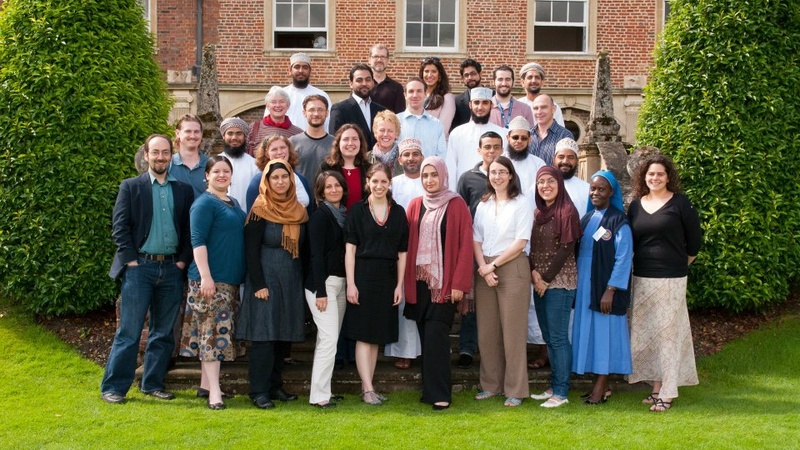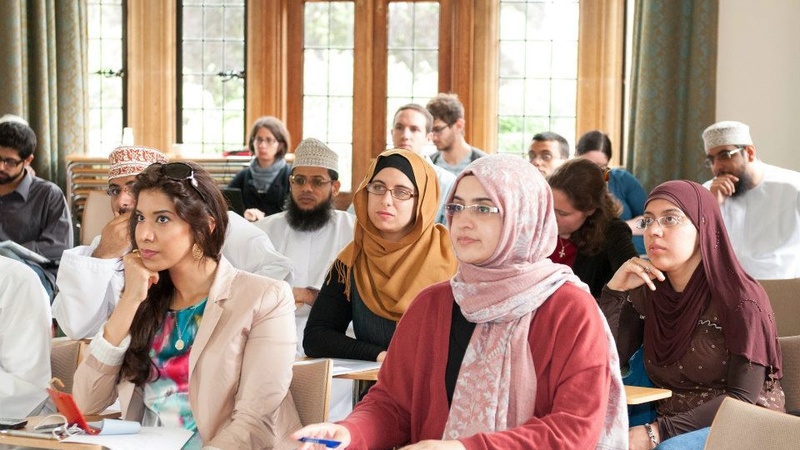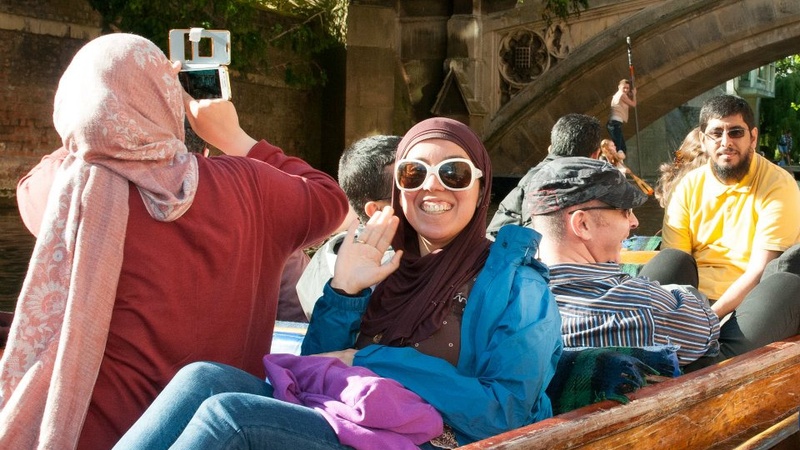Residential Summer Schools

From 2011 to 2015, CIP annually organised extended summer schools with the support of the Polonsky Foundation and the Omani Ministry of Religious Affairs and Endowments. These were based in Madingley Hall, University of Cambridge and included field trips to sites in Cambridge, London and Birmingham.
Aimed at an international group of students from Islamic, Christian and Jewish backgrounds, these aimed:
- to ‘lay the ground for mutual understanding and friendship between [the participants], while nevertheless acknowledging that the three “Abrahamic” religions, as they are known, are far from the same’;
- to facilitate ‘learning about forms of inter-faith engagement past and present, training in the practice of inter-faith scriptural reasoning, and lead students through a process of reflection on the inter-faith possibilities and challenges of their home contexts’;
- to facilitate ‘learning to live well with disagreement, or to disagree intelligently’;
- to facilitate ‘immersion in inter-faith and cross-cultural encounter, to resource practical peace-making and conflict-transformation efforts’;
Recruiting, the team endeavoured to find ‘future influencers who will in turn speak out and bring change to their communities’. It was intended for people in, or working towards, positions of leadership, particularly in a religious context, and was advertised as appropriate for students in the later stages of UG/early stages of PG studies and those in the early stages of active leadership or ministry. Experience in inter-faith engagement was not a requirement.

The programme was organised to include scriptural reasoning sessions, lectures by academics and activists/leaders, discussions, ‘buddy groups’, free time and field trips. CIP introduced student presentations on ‘difficult texts in their respective traditions’ in 2012 and more informal and interactive ‘saloon conversations’ for reflections on conflict resolution, peace-making and transformational leadership in 2013. The scriptural reasoning sessions – in which participants meet to read and discuss passages of different sacred texts and the traditions shaped by them – have been described as ‘the bedrock’ and ‘the heart and foundation’ of the summer school curriculum. After some early meetings describing the history and practice of SR, the students spent 90 minutes each morning in breakout groups looking alternately at short passages from the Torah, New Testament and Qur’an.

Further information on these early CIP summer school programmes is available in Dr Richard McCallum’s CIP Summer School Report 2013.
